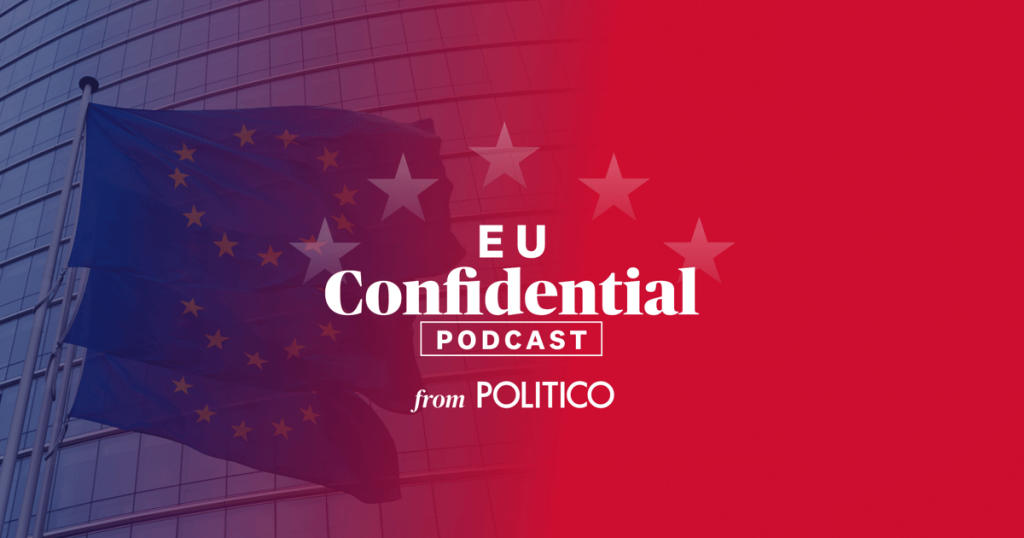POLITICO’s annual gala, the POLITICO 28, brings together Europe’s most influential figures in politics, business, and activism, providing a unique snapshot of the continent’s power dynamics and current priorities. The event offers a platform for networking, deal-making, and candid discussions, often spilling over into the after-parties where informal conversations shape future collaborations and strategies. The 2023 gala, held at a historic Brussels venue, reflected the prevailing concerns of the time, dominated by the ongoing war in Ukraine and its far-reaching consequences for Europe and the global order. Discussions revolved around energy security, economic resilience, and the urgent need for a unified European response to the crisis.
The guest list comprised a carefully curated mix of EU commissioners, national leaders, prominent CEOs, and influential thinkers. Their presence underscored the event’s significance as a barometer of European political sentiment. The evening offered a glimpse into the often-hidden machinations of power, revealing alliances, rivalries, and the personal connections that drive decision-making at the highest levels. Beyond the formal speeches and presentations, the real action unfolded in the informal interactions, where attendees seized the opportunity to lobby, negotiate, and build relationships that could influence policy and shape the future of Europe.
The gala’s atmosphere buzzed with a mix of anticipation and apprehension. While the event provided a celebratory occasion, the backdrop of war and economic uncertainty cast a long shadow. Conversations reflected the challenges faced by European leaders as they navigated a complex geopolitical landscape. The energy crisis, driven by Russia’s weaponization of gas supplies, was a central concern, prompting discussions about diversification strategies and the need for a coordinated European approach to energy security. The war’s impact on global food security and supply chains also featured prominently, underlining the interconnectedness of global challenges and the need for international cooperation.
Beyond the immediate crisis in Ukraine, the gala provided a forum for broader discussions about the future of Europe. The theme of European strategic autonomy, the ability to act independently on the world stage, resonated strongly, emphasizing the need for a more unified and assertive European foreign policy. Discussions also touched on the green transition, digital transformation, and the challenges of strengthening democratic institutions in the face of rising populism and disinformation. The diverse range of topics reflected the multifaceted nature of European politics and the interconnectedness of these critical issues.
The informal setting of the gala allowed for candid exchanges and a more personal approach to diplomacy. Away from the formal constraints of official meetings, attendees could engage in frank discussions, fostering a sense of camaraderie and shared purpose. These informal interactions often proved more productive than formal negotiations, enabling participants to build trust and find common ground on contentious issues. The after-parties, in particular, provided a relaxed environment for networking and building relationships, with discussions continuing late into the night.
The POLITICO 28 gala served not just as a social gathering but as a microcosm of European power dynamics. It provided a unique insight into the individuals and institutions shaping the continent’s future, revealing the interplay of personalities, interests, and ideas that drive decision-making. The event’s success lies in its ability to bring together a diverse range of stakeholders, fostering dialogue and collaboration on the most pressing challenges facing Europe. While the formal agenda sets the stage, it is the informal interactions, the behind-the-scenes conversations, and the relationships forged that ultimately shape the outcomes and contribute to the ongoing evolution of European politics.














